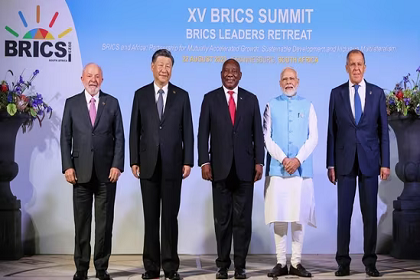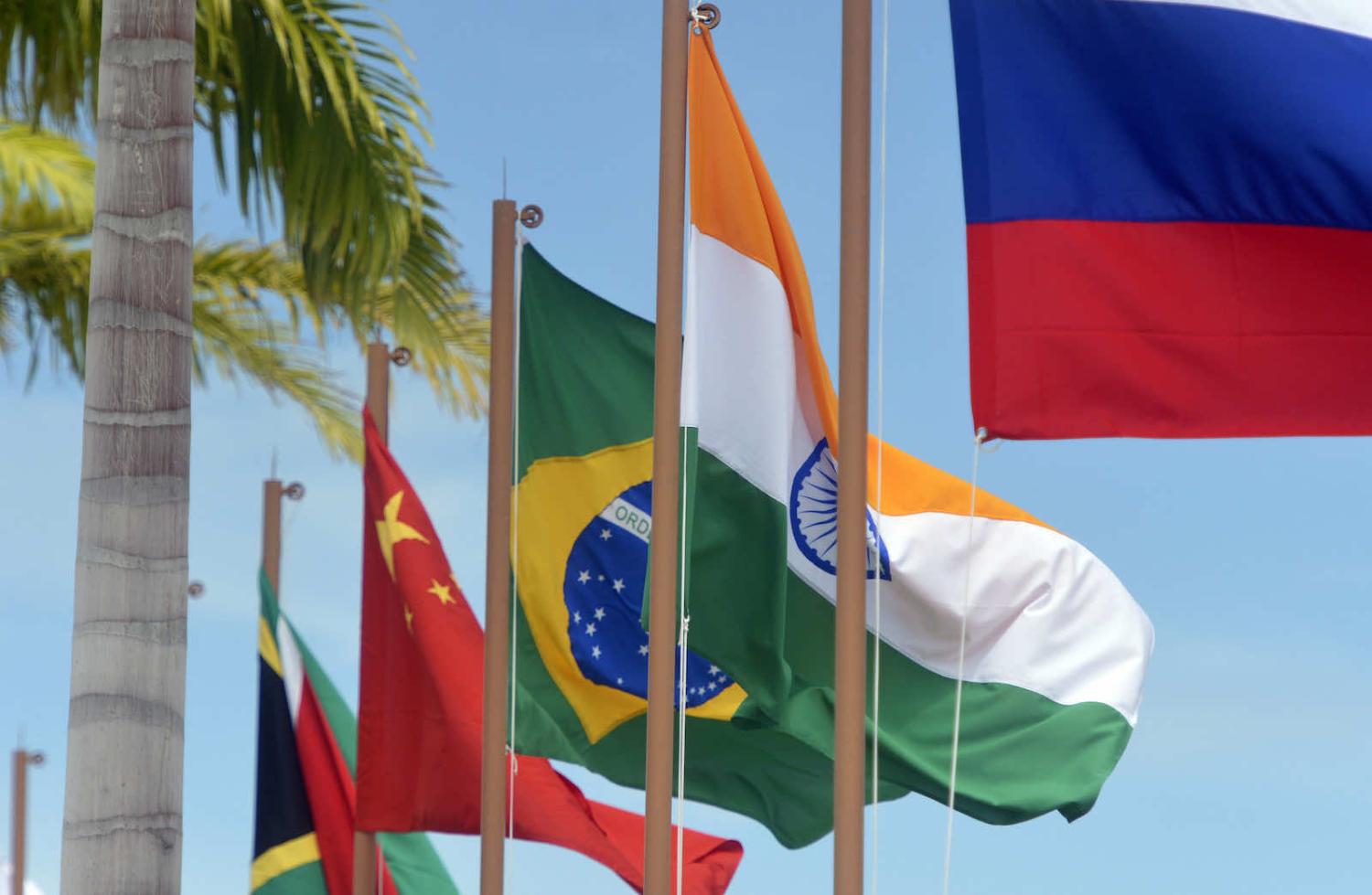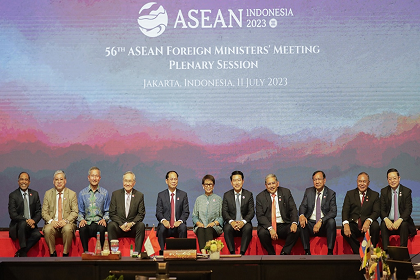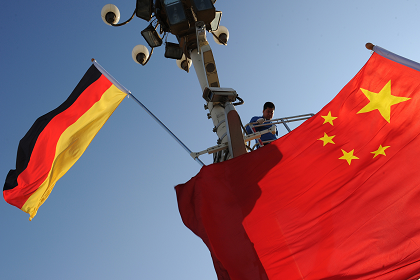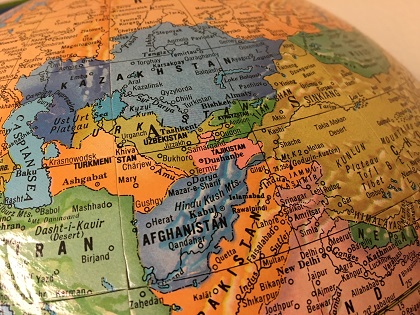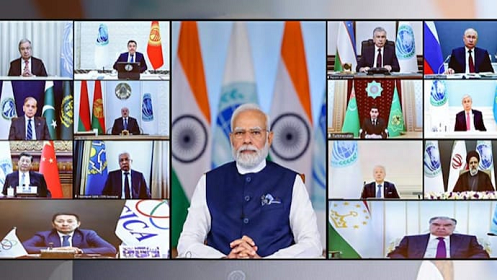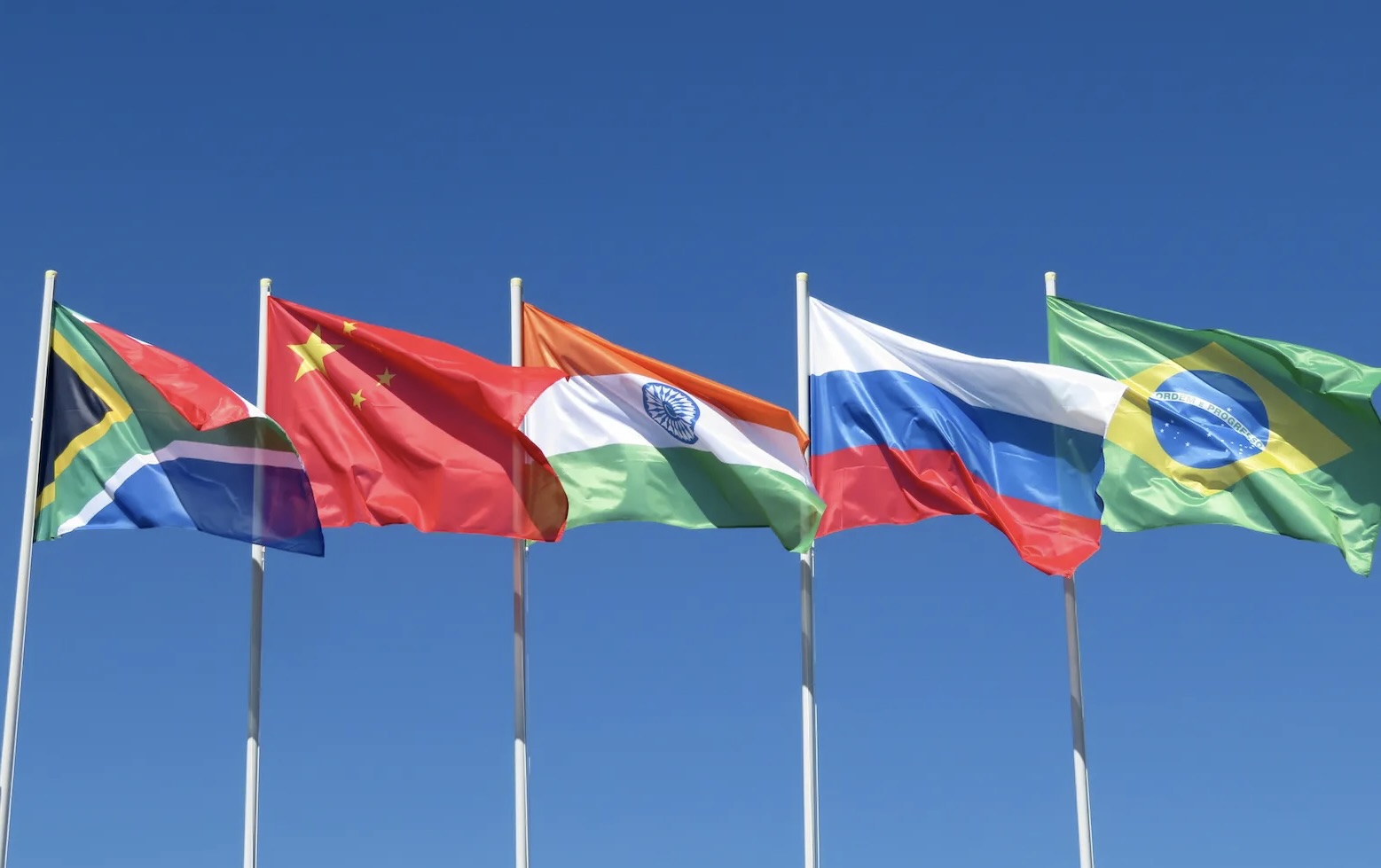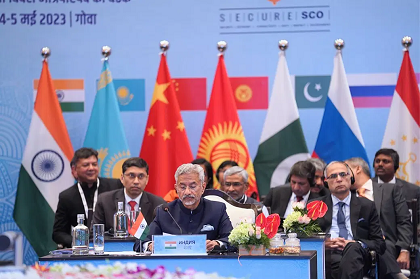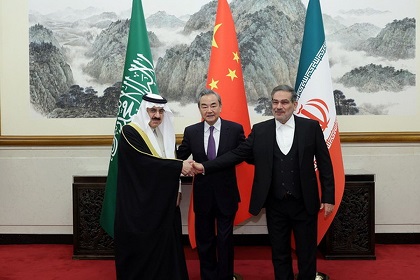The BRICS Imperative
The BRICS Summit in Johannesburg has drawn international attention to the grouping’s past record of achievements and failures, its strained internal dynamics, and new challenges. As BRICS heads into its 18th year, its success and way forward will depend on the members’ ability to tackle the principal challenge of retaining its internal solidarity while balancing expansion and its impact and influence in the world.

